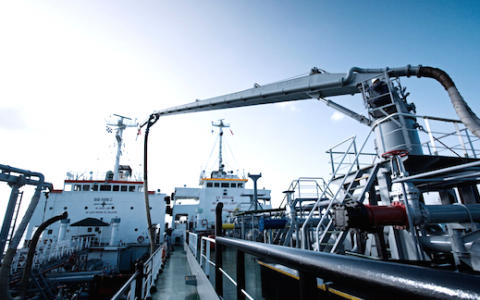85% of refiners struggling with looming 2020 sulphur cap

Refiners around the world are struggling to come to terms with impending sulphur cap rules on ship fuel, the International Bunker Industry Association has warned in a release.
A recent consultancy survey suggested that some 85% of refiners have not made plans for how to deal with the expected dramatic fall in global demand for high sulphur fuel oil (HSFO) come the IMO-mandated sulphur cap in 2020.
A survey conducted by consulting company KBC released in July found only 15% of oil refiners know how they are going to handle the shift in demand associated with the drop in the global sulphur limit for marine fuels from today’s 3.50% to 0.50% at the start of 2020.
A report published by KBC in April this year says the 2020 sulphur limit for marine fuels will likely see more than 2m barrels per day (b/d) of HSFO become “stranded in the market” as ships shift to low sulphur fuels to comply. The KBC report said industry feedback indicated that maybe 10-15% of ships will have installed scrubbers that will enable them to continue to use HSFO compliantly by 2020.
“The problem facing the refining industry, and by extension the marine fuels industry, is that major refinery conversions to reduce HSFO and produce more low sulphur distillate fuels are costly and take time to implement, meaning big investments that haven’t already been planned and approved are unlikely to be operational in time for 2020,” IBIA noted, adding: “And as the uptake of scrubbers may increase fast after 2020, demand for, and hence the value of HSFO could recover, creating uncertainty for refiners contemplating their options. Other tweaks are possible in the short term, such as using sweet crude oil as feedstock, but it is expected that the price differential between light sweet and heavy sour crude oils will increase.”
